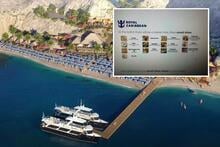A new cruise tax in Greece has begun, and it means an additional cost for Greek isle cruises.
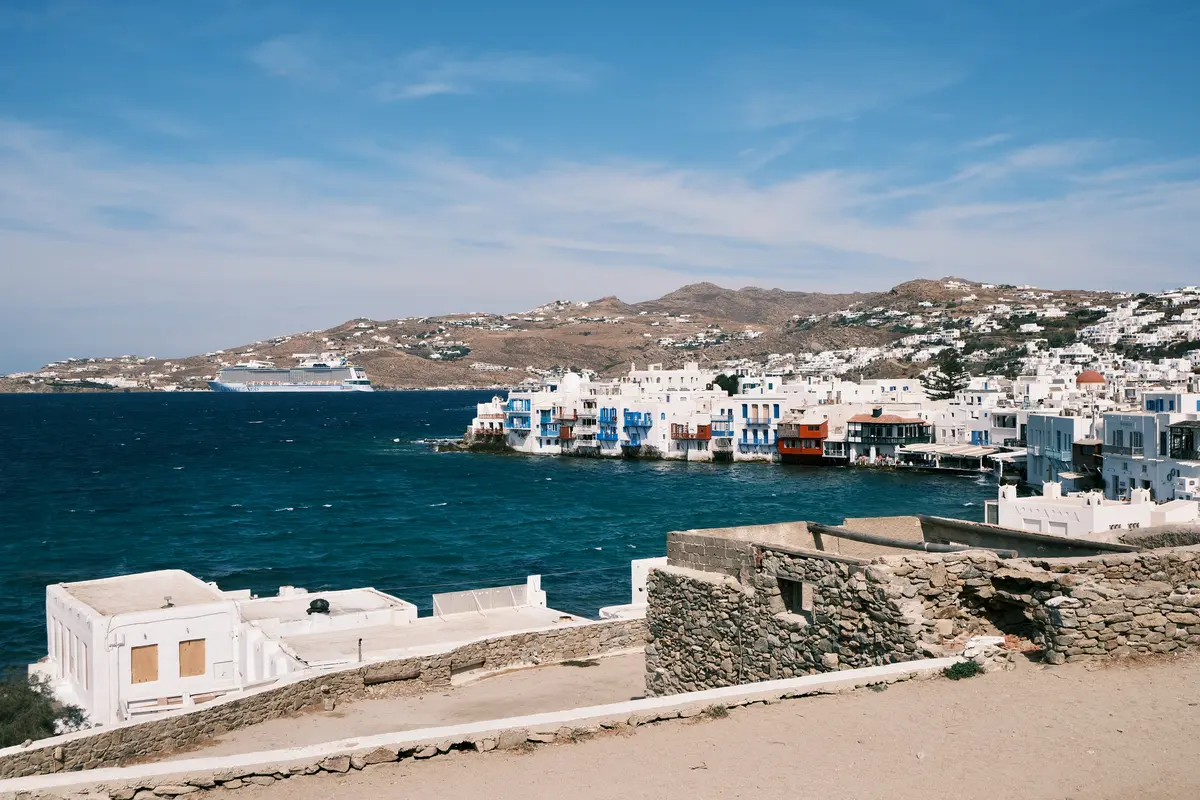
The tax was first announced last year, but it is now an official policy as of August 1, 2025.
Guests with cruises to Greek ports of call received an email from Royal Caribbean informing them of the change.
"Beginning with sailings that depart on August 1, 2025, a seasonal cruise tax will be implemented across various ports in Greece, including iconic destinations like Mykonos and Santorini," the email read.
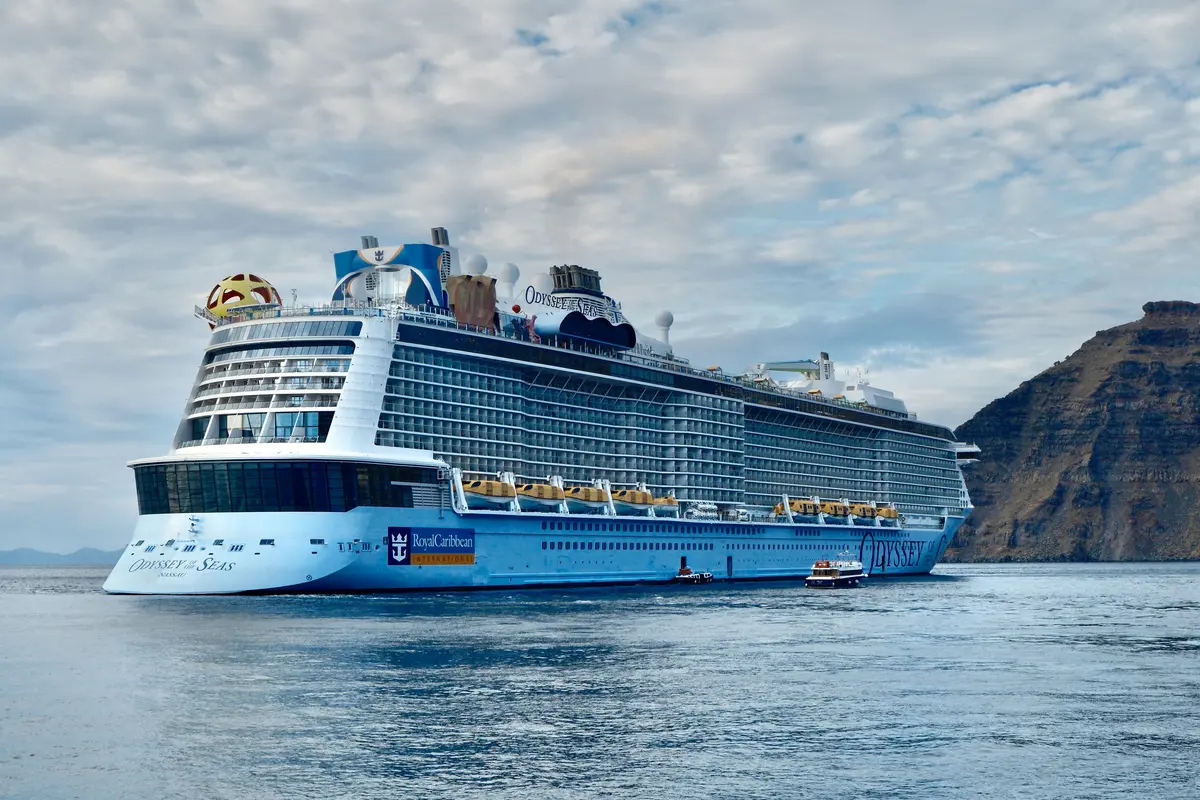
The cruise line also explained what this tax is for, "This initiative supports sustainable tourism and helps preserve the natural beauty and cultural heritage of these beloved destinations."
When the tax was announced last year, Greek Prime Minister Kyriakos Mitsotakis said it was to provide additional support to these locations during the peak tourism season, "Greece does not have a structural over-tourism problem ... Some of its destinations have a significant issue during certain weeks or months of the year, which we need to deal with."
"Cruise shipping has burdened Santorini and Mykonos and this is why we are proceeding with interventions."
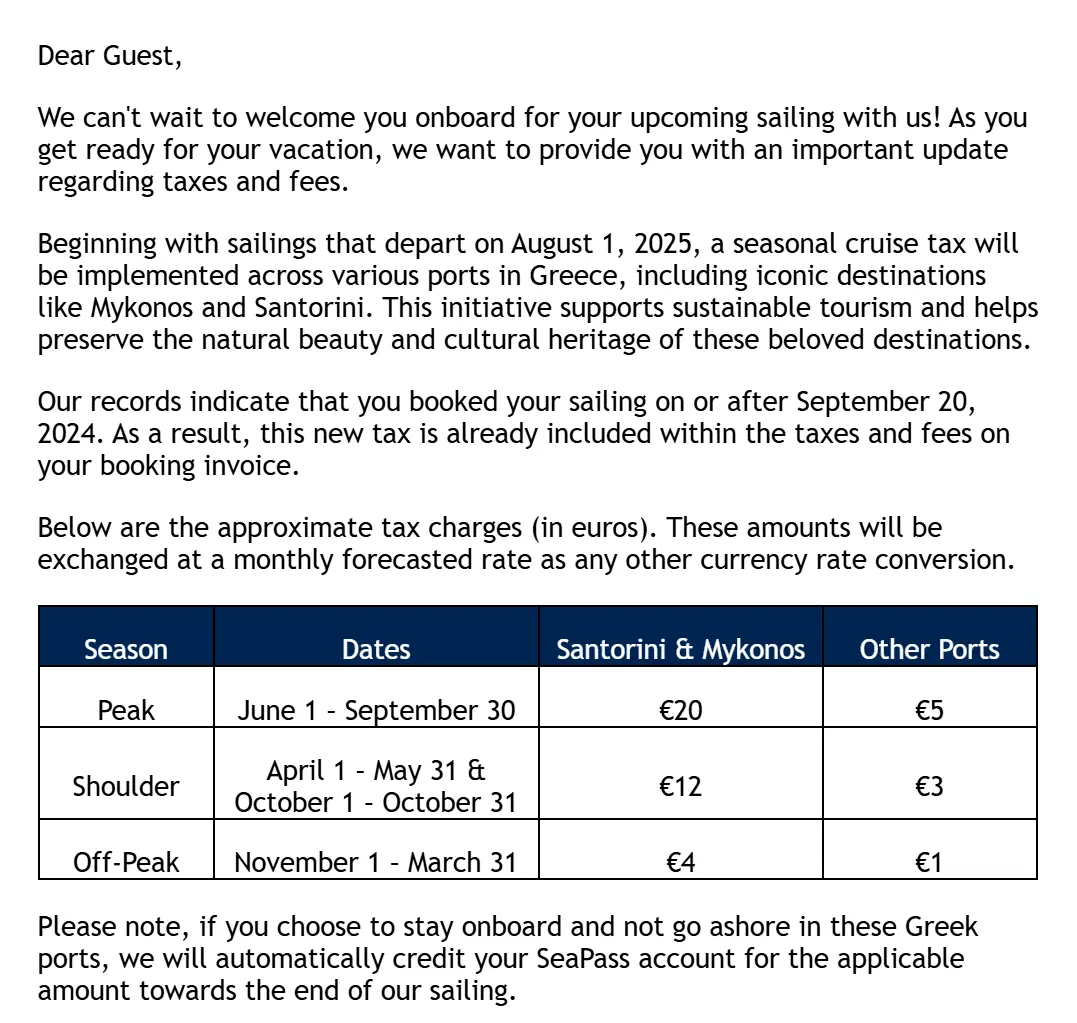
Here's how the new tax breaks down:
| Season | Dates | Santorini & Mykonos | Other Ports |
|---|---|---|---|
| Peak | June 1 – September 30 | €20 | €5 |
| Shoulder | April 1 – May 31 & October 1 – October 31 | €12 | €3 |
| Off-Peak | November 1 – March 31 | €4 | €1 |
If a passenger chooses stay onboard and not go ashore in these Greek ports, Royal Caribbean will automatically refund their SeaPass account for the applicable amount towards the end of the sailing.
Higher taxes for the two most popular islands
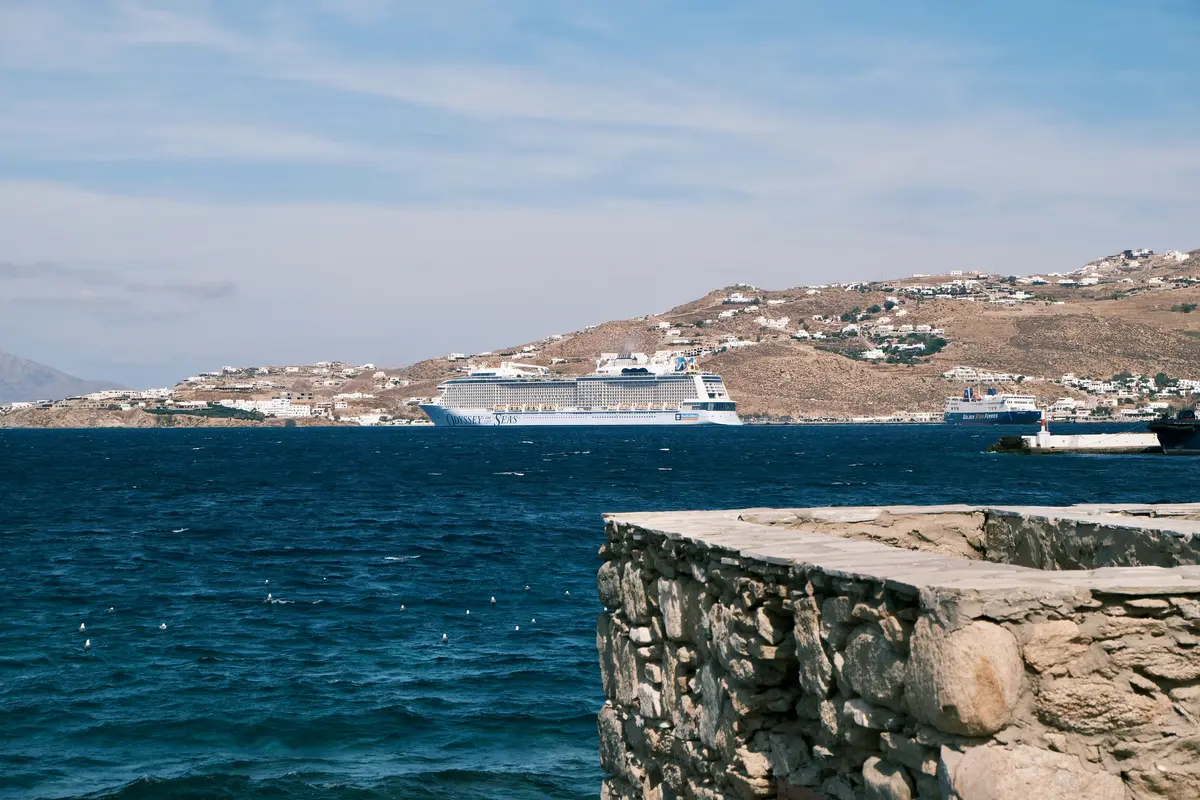
Santorini and Mykonos are the nation's most popular tourist islands, especially for cruise ships.
The volcanic island of Santorini is home to some of the most beautiful beaches in the world, while Mykonos is well-known for its elegant architecture and views.
Santorini saw 800 cruise ships in 2023, with a combined statistic of 1.3 million visitors onboard. While Santorini had 63 peak days for cruise visits in 2023, this was reduced to 48 in 2024.
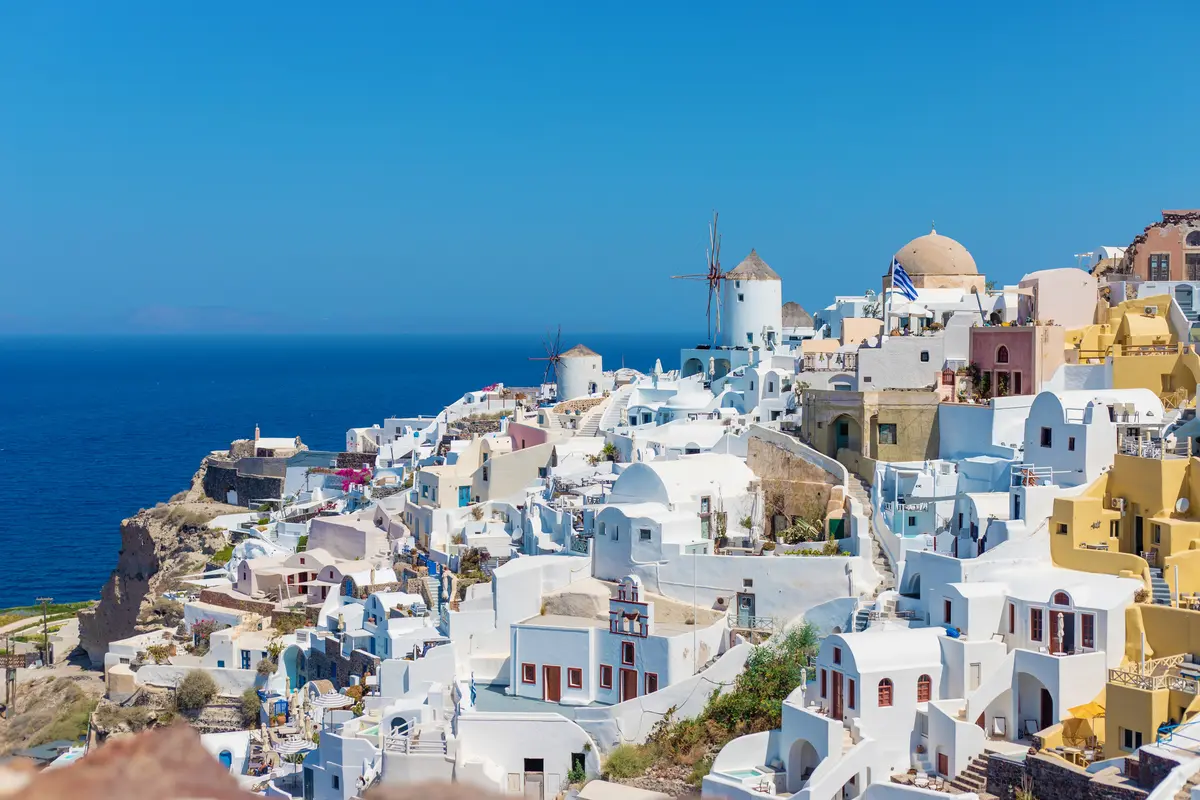
It is the most popular cruise destination in Greece, and during the summer months, hosts over 17,000 cruise ship visitors arrive a day.
For the small island with a population of just 15,500, that number of tourists threatens the local infrastructure.
Beginning in 2025, Santorini will also cap the number of cruise ship passengers allowed to visit at 8,000 per day.
Prime Minister Mitsotakis said that part of the revenue from the cruise ship levy will be returned to local communities to invest in and support local infrastructure.
A fix for overtourism
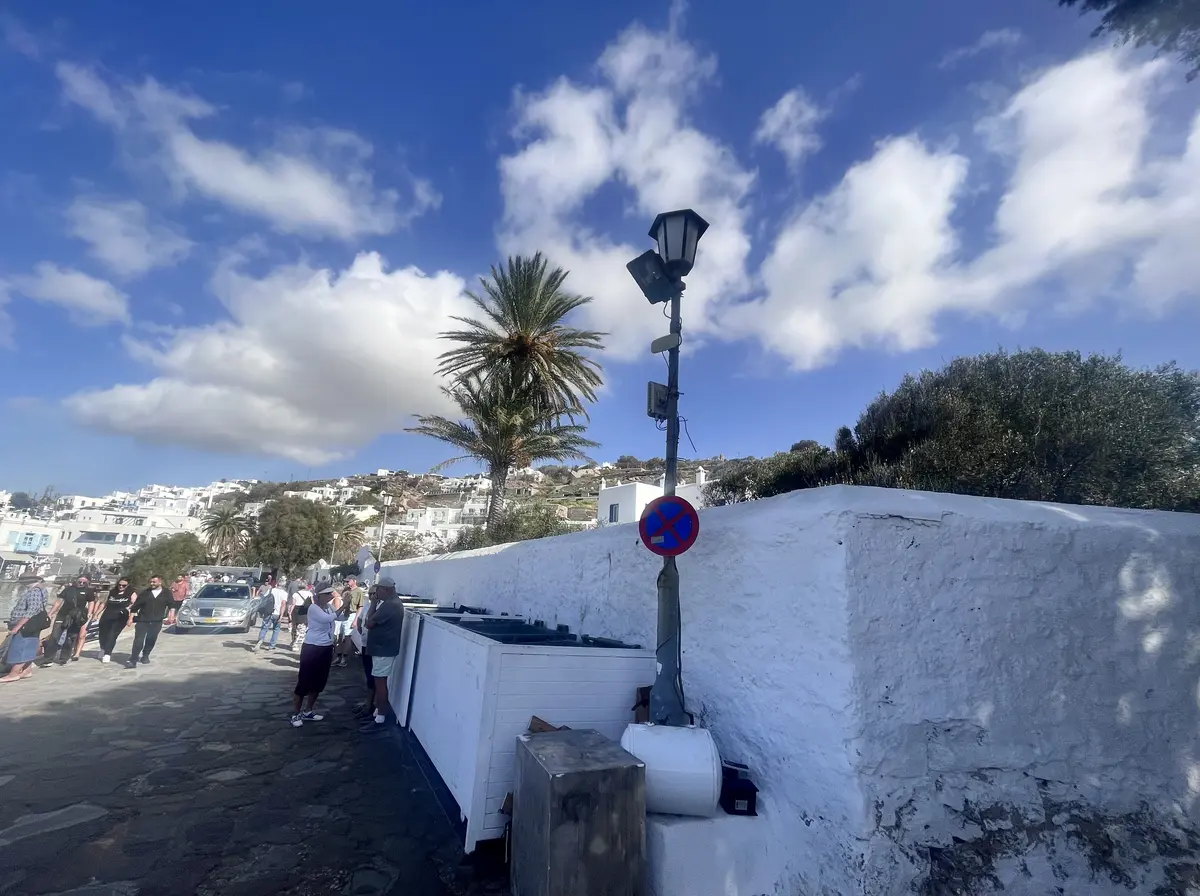
To regulate the arrival of cruise ships, the Greek government will also impose a digital berth allocation system at ports. The system will spread out ship arrivals to prevent overcrowding from multiple vessels arriving simultaneously.
The allocation will handle popular destinations at peak times, considering criteria such as ship size, environmentally friendly vessels, and the length of the stay on the island.
To prevent cruisers from rushing between the port and tours, ships staying longer will be prioritized in the system.
Mitsotakis also announced that Greece must protect the environment and tackle water shortages on its popular tourist islands.

New taxes and fees don't just apply to cruisers on the sea—Greece is also raising the lodging tax.
During the peak tourist months between April and October, hotels and short-term rentals will see an increase in fees and limitations.
Greece's economy relies on tourism, with a revenue of about 20 billion euros in 2023 supported by 31 million tourist arrivals that year.

Despite the economic influence tourism has on the economy, Greece has begun to follow in the footsteps of other cruise ports evaluating the impact of cruise ships on their region.
Especially as cruising gains popularity, and passenger numbers surpass those pre-pandemic, many popular tourist spots are looking at the effects of overtourism.
Protests in Santorini, Venice, and Barcelona have made the news recently, as locals call for limits on tourism.


